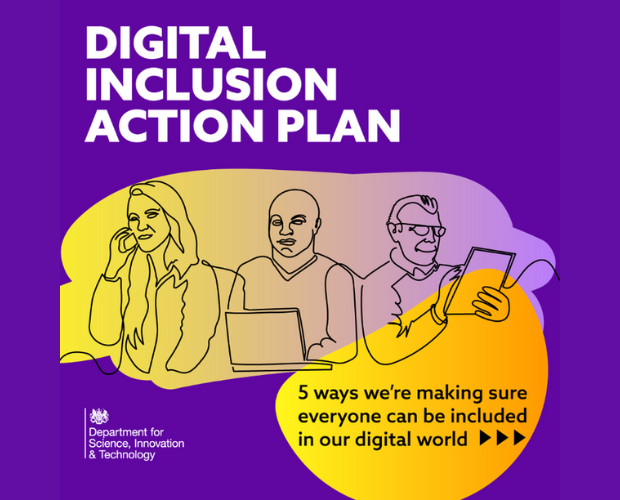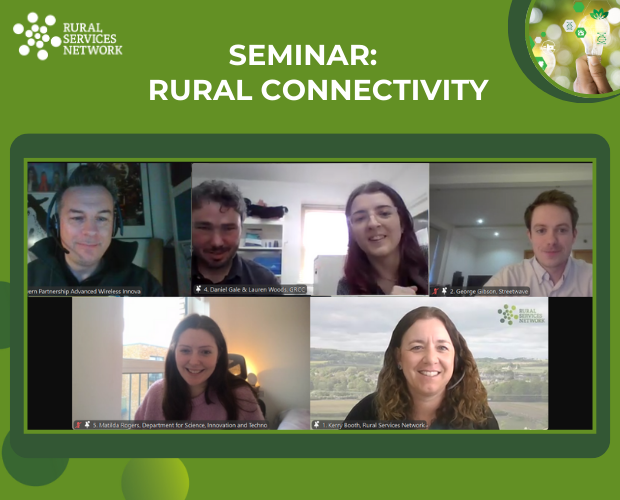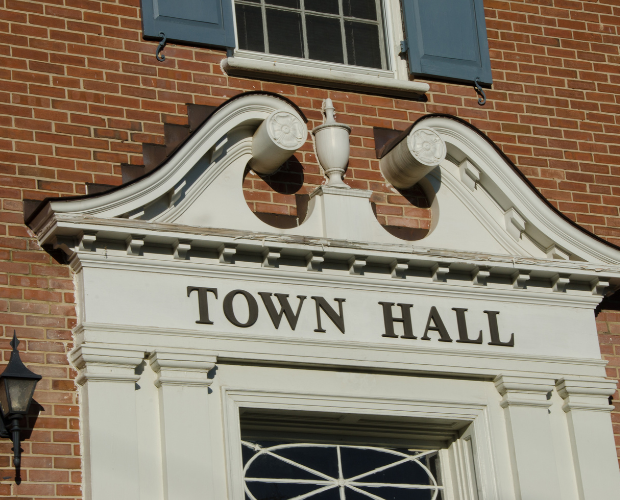T: 01822 851370 E: [email protected]
Rural Services Network responds to government's 'universal broadband' pledge
 PRESS RELEASE
PRESS RELEASE
For immediate release
Thursday, 29 March 2018
The Rural Services Network [1] has responded to a government pledge that everyone in the UK will have a legal right to an affordable broadband connection of at least 10 Mbps by 2020 [2].
RSN chief executive Graham Biggs MBE said:
“This is welcome news – and something that is badly needed.
"Adequate broadband is a vital service which is sadly lacking in many rural communities.
"As an organisation we have calling for faster and more reliable rural broadband connections for a number of years. We are pleased to see that at last the government has listened.
“But this is not the end of the story – and the government's announcement itself leaves some important questions unanswered.
"Who, for example, decides whether a premises can or cannot get 10 Mbps already? Just because a street cabinet is broadband-enabled does not mean that every outlying premises can access it.
"Will a 10 Mbps connection be enough by 2020?
"And if a provider says the connection cost exceeds the £3,400 threshold, will their calculation be available for inspection – or even a challenge – and how will demand aggregation work?"
* * *
Editors notes:
[1] The Rural Services Network is the only non-governmental organisation representing the interests of rural service providers and the communities that they serve. It involves currently some 154 Local Authorities and over 100 other service providers. It comprises SPARSE Rural, the Rural Assembly, the wider Rural Services Partnership and the RSN Community Group. The organisation works with Rural England, a stand-alone CIC research group. For details, visit www.rsnonline.org.uk.
[2] The Department for Digital, Culture, Media & Sport announcement that the government is laying down legislation setting out the design of the broadband Universal Service Obligation (USO) is available at https://www.gov.uk/government/news/countdown-to-high-speed-broadband-for-all-begins--2.
The government's response to its own consultation on the design of the Broadband Universal Service Obligation is available at https://www.gov.uk/government/consultations/broadband-universal-service-obligation-consultation-on-design.
Media contact:
Graham Biggs
RSN Chief Executive
T: 01588 674 922
M: 07966 790197
E: [email protected]
W: www.rsnonline.org.uk
Our Key Messages:
Public Sector Funding
Central Government has historically and systematically underfunded rural areas giving them less grant per head than urban areas – despite the fact that it costs more to provide the services. Rural residents earn less on average than those in urban areas and therefore pay more Council Tax for fewer local government services. Government policy, implicitly, is that council services in rural areas are more reliant on funding through council tax than their urban counterparts. We demand fairer funding for all public services serving rural areas.
Barriers to Access
Rural residents and businesses face multiple barriers in terms of access to key services, including transport and broadband. Yet councils providing services to rural residents receive less money from government, pay disproportionately more for fewer services and typically earn less than people in urban areas. As a result rural residents suffer multiple disadvantages.
Future of Rural Areas
Rural communities contribute a great deal to the national economy but are facing threats to their future. This is due to a combination of chronic underfunding, demographic challenges, diminishing resources, with the needs of rural areas being systematically overlooked. Without action conditions in rural areas will deteriorate further. It is in the national interest that we all work together to revitalise this fundamental national asset.
Health and Wellbeing
Despite its idyllic image, rural communities often experience difficulties in accessing health and support services. This is becoming increasingly difficult as specialist services are centralised to remain resilient and poor transport links reduce access. There are recruitment and retention issues amongst medical staff in rural areas. Rural residents are therefore vulnerable to isolation and poorer health outcomes in the long term.
SIGN UP TO OUR NEWSLETTER
Sign up to our newsletter to receive all the latest news and updates.









